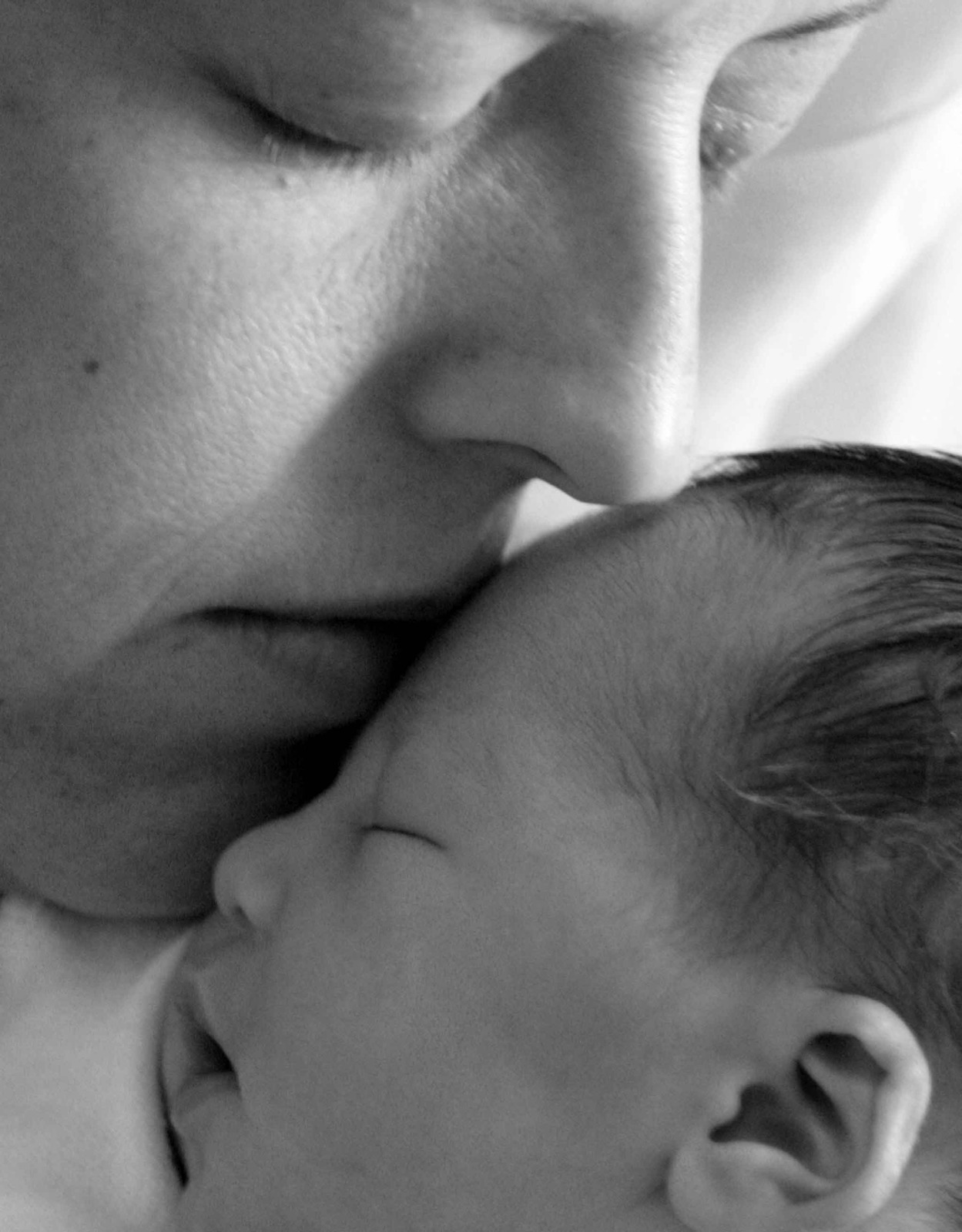We often see women with postpartum depression (PPD) who are also experiencing problems with breastfeeding. Several different questions arise. Are these women depressed because they are having problems with breastfeeding? Or does their depression and/or anxiety make it more difficult for them to breastfeed? Many previous studies have looked at the association between breastfeeding and postpartum depression; however, the results have been mixed. One research study suggests that its more complicated; it’s not simply whether a woman breastfeeds or not. The study observed that instead it is breastfeeding self-efficacy (or BSE) that has a significant impact on postpartum mood.
First of all, what is breastfeeding self-efficacy? According to psychologist Cindy-Lee Dennis:
Breastfeeding self-efficacy refers to a mother’s confidence in her ability to breastfeed her infant and it predicts: (1) whether a mother chooses to breastfeed or not; (2) how much effort she will expend; (3) whether she will have self-enhancing or self-defeating thought patterns; and (4) how she will emotionally respond to breastfeeding difficulties. Breastfeeding self-efficacy is influenced by four main sources of information: (1) performance accomplishments (e.g., past breastfeeding experiences); (2) vicarious experiences (e.g., watching other women breastfeed); (3) verbal persuasion (e.g., encouragement from influential others such as friends, family, and lactation consultants); and (4) physiological responses (e.g., fatigue, stress, anxiety). It is hypothesized that health professionals may enhance a mother’s breastfeeding confidence by altering these sources of self-efficacy information.
Researchers found that women with high breastfeeding self-efficacy at 2 days postpartum were more likely to report positive emotional adjustment and fewer depressive symptoms at 6 weeks postpartum, as well as more exclusive breastfeeding at 6 months postpartum. Among mothers who reported distress, breastfeeding issues were among the most commonly named reasons for stress, as well as lack of sleep, lack of social support, and the high demands of learning involved with being a new parent.
These findings are consistent with another research study which observed that postpartum depression was more common in women who attempted to breastfeed but experienced difficulties doing so. In this study, researchers analyzed questionnaires from 217 women who initiated breastfeeding but stopped before six months. The cessation of breastfeeding was associated with risk for subsequent depression; however, postpartum depression was far more likely in those women who stopped because they were having problems (e.g., pain, breast infection, low milk production, problems with baby latching or sucking) than in those women who stopped breastfeeding for other reasons.
These studies underscore the importance of supporting mothers who choose to breastfeed. If we intervene early and support women and their efforts to initiate breastfeeding, we may be able to increase rates and duration of breastfeeding. And helping new mothers to achieve success in this important aspect of mothering may decrease stress and help build a stronger sense of competency, factors which may help to reduce their risk for postpartum depression.
On the other hand, we strongly believe that supporting mothers in their efforts to breastfeed also means allowing or advising them to stop breastfeeding when they are having significant or unresolvable difficulties and helping them to feel comfortable with this decision. Far too often, women feel ashamed and inadequate as mothers when they cannot (or choose not to) breastfeed. Being a new mom is stressful enough, we don’t have to make it worse.
Ruta Nonacs, MD PhD
Brown A, Rance J, Bennett P. Understanding the relationship between breastfeeding and postnatal depression: the role of pain and physical difficulties. J Adv Nurs. 2015 Oct 23.
Henshaw EJ, Fried R, Siskind E, Newhouse L, Cooper M. Breastfeeding Self-Efficacy, Mood, and Breastfeeding Outcomes among Primiparous Women. J Hum Lact. 2015 Aug;31(3):511-8.








Leave A Comment